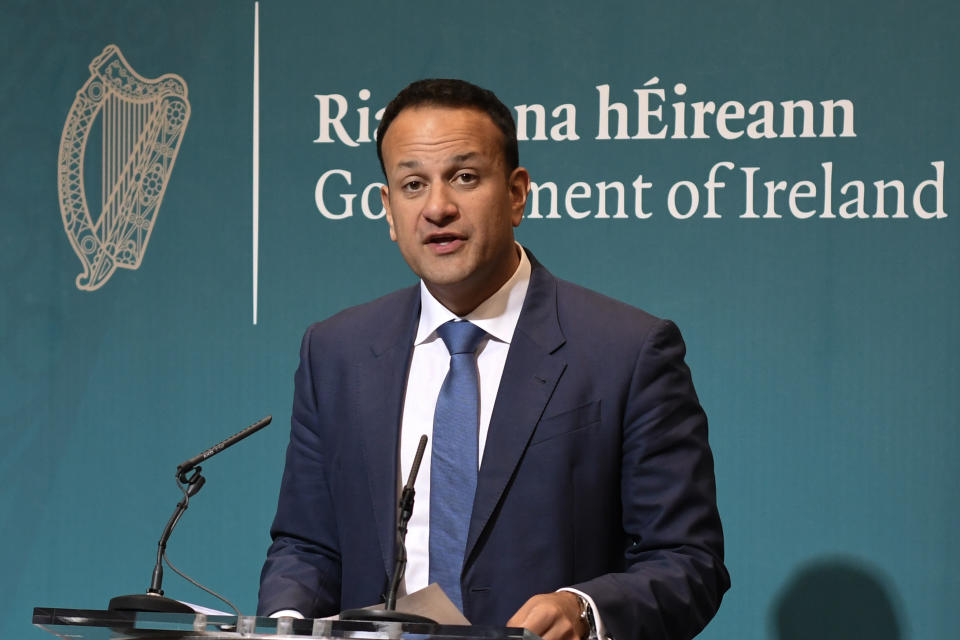Bumper forecast for Ireland's economy is based on Brexit deal optimism

The Irish economy will grow by nearly 9% this year and by 4.5% in 2019, but only if the UK manages to strike a Brexit deal with the European Union, according to a new forecast.
Ireland’s Economic and Social Research Institute (ESRI), a government-funded but independent thinktank, said on Wednesday (26 September) that strong consumer spending and a decline in imports would help make the country the fastest-growing economy within the eurozone in 2018.
The ESRI noted that, because the outcome of Brexit negotiations is the most substantial risk facing the Irish economy, its revised 4.5% forecast for 2019 was contingent on the UK coming to a European Economic Agreement with the EU.
However, it said that it was “prudent to assume that a no-deal outcome is a real possibility.” Such a scenario would see Ireland “confronted by a highly adverse economic shock,” the forecast notes. It also warns that international trade tensions, such as US tariffs, could have negative implications for Ireland.
While the country should ideally run budgetary surpluses, the ESRI says that infrastructural deficits in Ireland, such as in public housing, require “significant investment.” Ireland’s upcoming budget should thus be a “holding budget” and should not look to either inflate or deflate the economy, it advises.
Despite a continued decline in unemployment—more people are employed in Ireland than ever before—the country’s agricultural sector has seen declines. Because this sector bears a “considerably higher share of exposure to potential Brexit fallouts,” it may continue to experience “disproportionally larger” job losses in the future, the forecast warns.
The revised forecasts, of 8.9% for 2018 and 4.5% for 2019, are based on stronger-than-expected consumer spending and investment in the country in the first half of the year. Some multinational firms had also significantly reduced their imports of research and technology-related services, which had a positive effect on Ireland’s trade balance.

 Yahoo Finance
Yahoo Finance 
